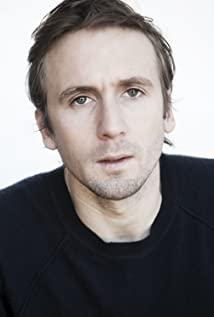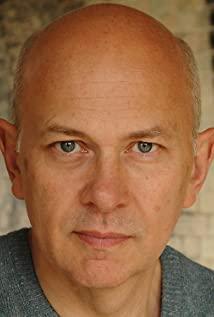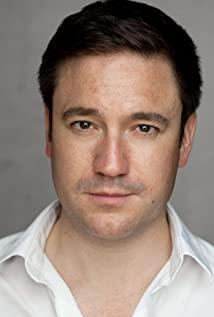I heard that "Unkillable" is based on this adaptation, so I watched this drama.
It can be seen that this show has a faster pace, with just 6 episodes (half the length of "Unkillable") telling a more advanced story (involving politics), with a larger scale, more natural performance, and a more light-hearted story rhythm. But it must also be admitted that "Unkillable" has done a lot of localized adaptations, and the whole story is completely different. More space was used to shape the characters, and more details were added, which made it feel more down-to-earth and gave people a more sense of substitution. At the same time, there are more plots of wisdom fights, more people die, and more emotional scenes, which can be said to be very sincere. In fact, the positioning of the two dramas themselves are not the same. The positioning of "Mischief" is a comedy. One of the protagonists is super calm, the other is a super second, and both of them are super optimistic. The effect makes people feel that the characters are very cute, but they won't have a lot of sense of substitution, and they clearly know that this is a comedy that wants to be happy. "Unkillable" adds more background depictions of characters under the core of comedy, trying to show people's struggles under social and family pressure, as well as the dilemma between selfish desires and morality in the face of temptation. Especially the setting of the family background of the two directly determines their choice, behavior and final growth. Therefore, the characters in it are more like ordinary people, and the experience is worse, so people have more resonance. From this, I once again deeply realized that in China, family is very important. Take, for example, "Animal World" and "I'm Not the God of Medicine," two recent hits. The protagonist of the original "Gambling Apocalypse" of "Animal World" is a greedy gambler who does nothing. family? nonexistent. But "Animal World" can't be shot like this, how can such a protagonist be convincing? How can a person have no family? Without a family, one cannot stand up. So the protagonist has a seriously ill mother and a mysterious father. Of course, this is not a critique, as it is. Having a family will give the Chinese audience, including me, more sense of substitution and resonance to a certain extent. In "I'm Not the God of Medicine", it is even more obvious that when a person is sick, the focus is not on himself, but on the family behind him. With the family, complex human nature can stand up. It can be said that the family is the catalyst, the developer, and the magic potion. He can turn the unreasonable into empathy, and the reasonable into unreasonable. It is only natural that the law is greater than the emotion, but the human emotion is often more effective than others. Of course, there is nothing wrong with showing family. Many of China's most famous directors and most famous actors have filmed and acted in many wonderful family dramas. Li An, Hou Hsiao-hsien, and Xu Anhua are among them. Not only in China, but also in Japan, national directors Yasujiro Ozu, Hirokazu Shire They're all filming families. It can be said that the family is the harbor of the soul, and it is also the scar on the heart. Each of us is burdened with the influence of the family to spend this life.
I just hope that on the "pain point" common to all Chinese people, on the basis of balancing business and art, there will be more dimensions, more mature views and more restrained expressions. PS. The male protagonist of "Mistakes" is very wasteful, very popular and cute ('▿')
View more about The Wrong Mans reviews











